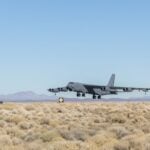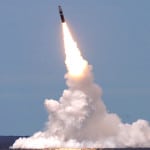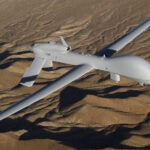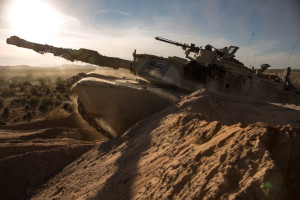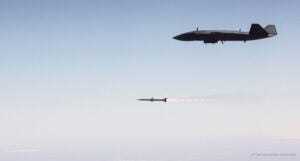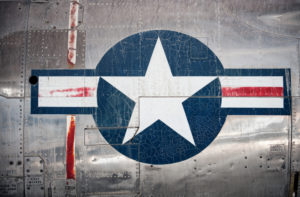
Boeing [BA] has been awarded a contract modification worth about $10 million for a Block 1 risk-reduction study for the KC-46A Pegasus tanker.The award, released Aug. 7, “allows for a study of risk reductions activities with regard to the development and integration of new capabilities on the initial KC-46 aircraft, referred to as Block 1,” according to the Defense Department. Work is expected to be completed by early November.The contract modification is expected to study “risk reduction modifications with radio…

 By
By 